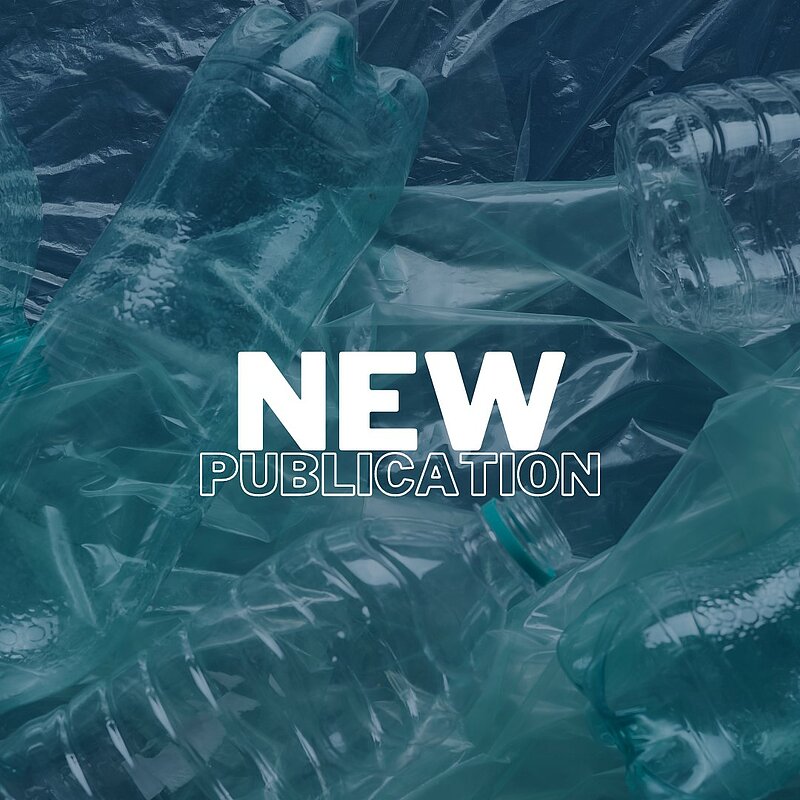PET hydrolase (PETase), discovered in Ideonella sakaiensis, is a promising agent for the biodegradation of polyethylene terephthalate (PET) capable of PET decomposition under mild reaction conditions with limited stability and productivity. Here, the immobilization of His-tagged PETase was achieved by synthesizing enzyme-inorganic nanoflowers, PETase@Co3(PO4)2, which was designed based on the principle of biomimetic mineralization. Immobilization of PETase onto nanostructured Co3(PO4)2 enjoys high enzyme loading and low mass transfer inhibition due to large specific surface area, high movement speed, and large surface curvature caused by small particle size. The nano-effect of inorganic carriers materialize the 10 °C optimum temperature swelling of the immobilized PETase with enhanced pH tolerance (6.0–10.0) than the free counterpart. The long-duration reaction showed that the productivity of terephthalic acid (TPA) was 3.5 times higher than that of the free enzyme. PETase@Co3(PO4)2 still retained 75% of the initial activity after 12 days compared with the free enzymes, which showed almost no activity. The excellent and stable catalytic performance of PETase@Co3(PO4)2 with low cost demonstrates the synthetical usefulness of immobilization via biomimetic mineralization in the enzyme utilization in industrial PET depolymerization.
Click here to get access to the full article.


